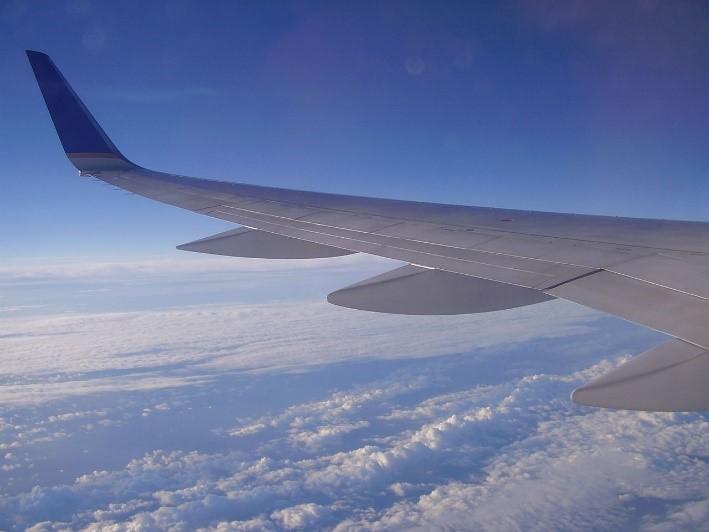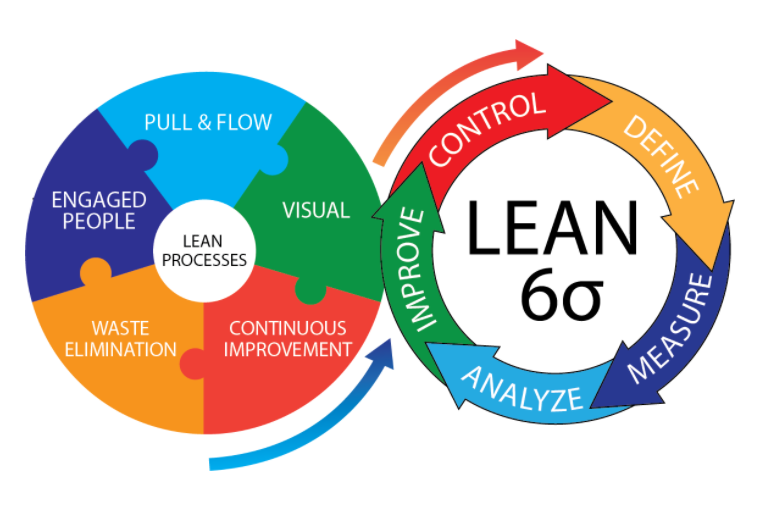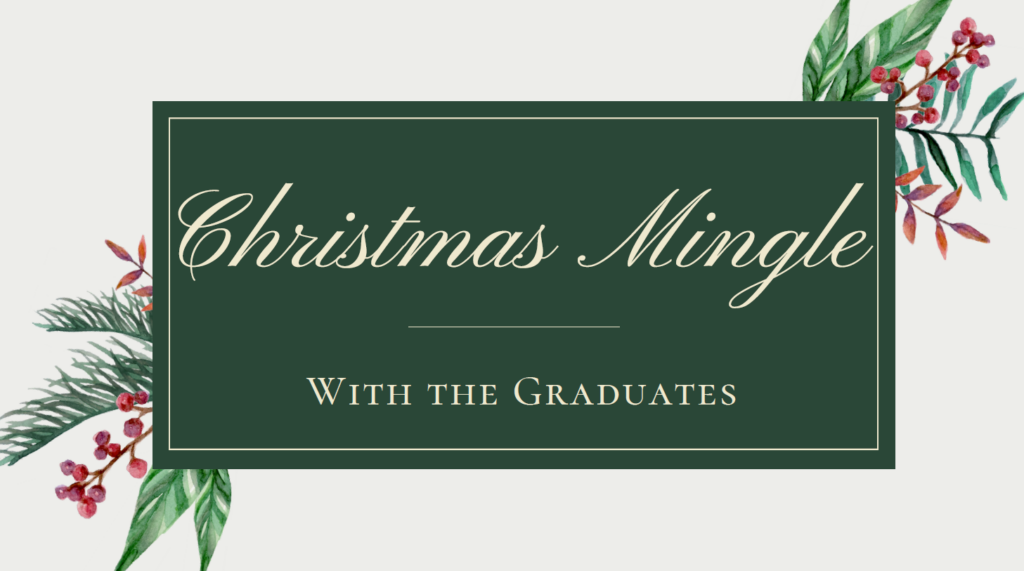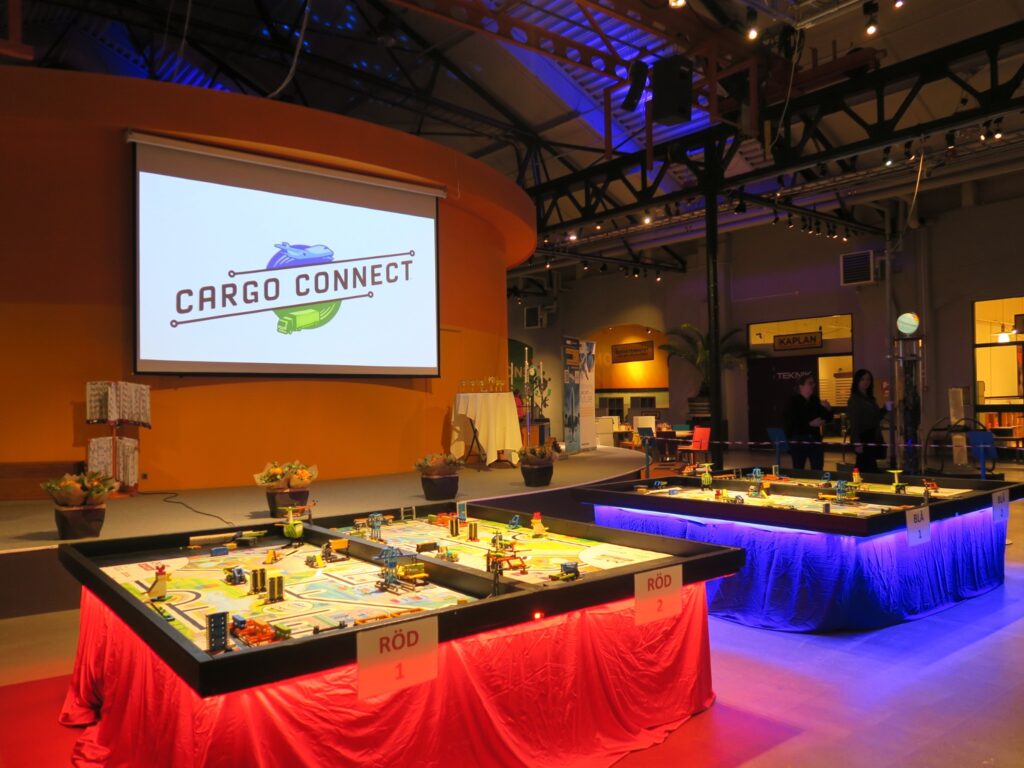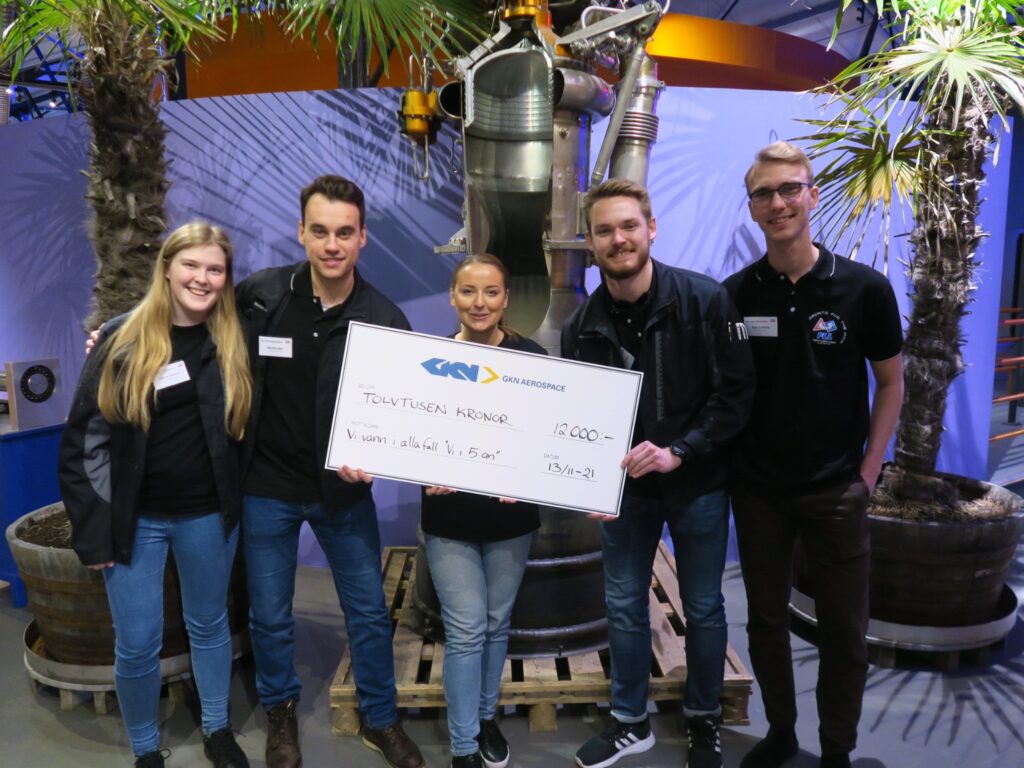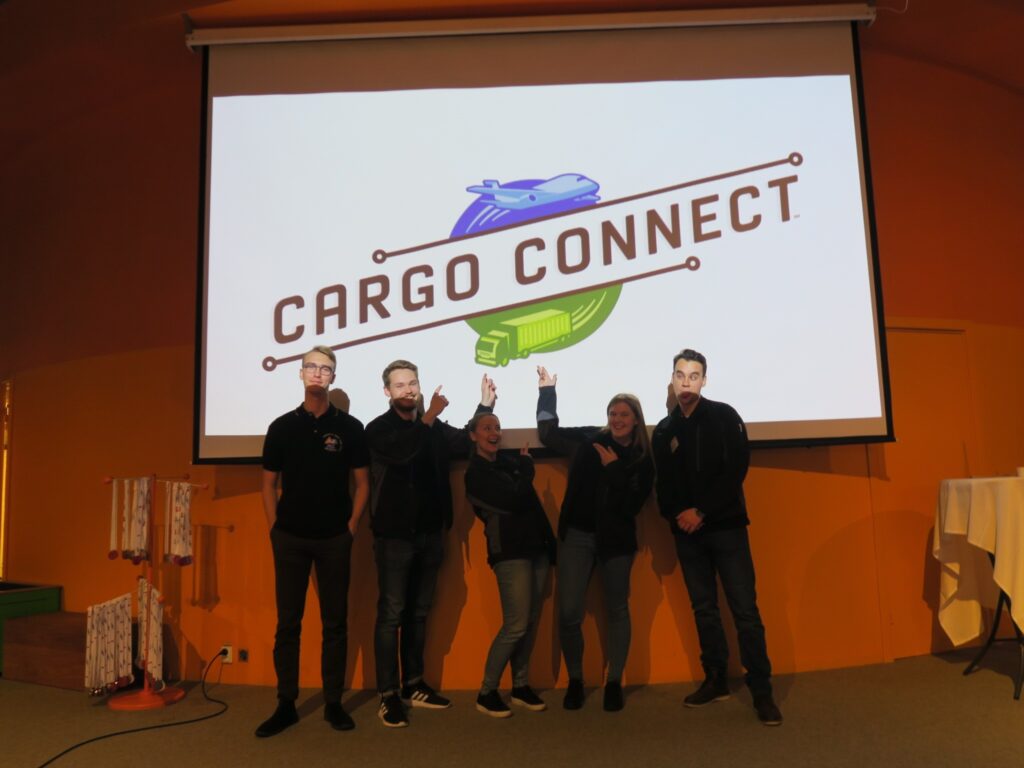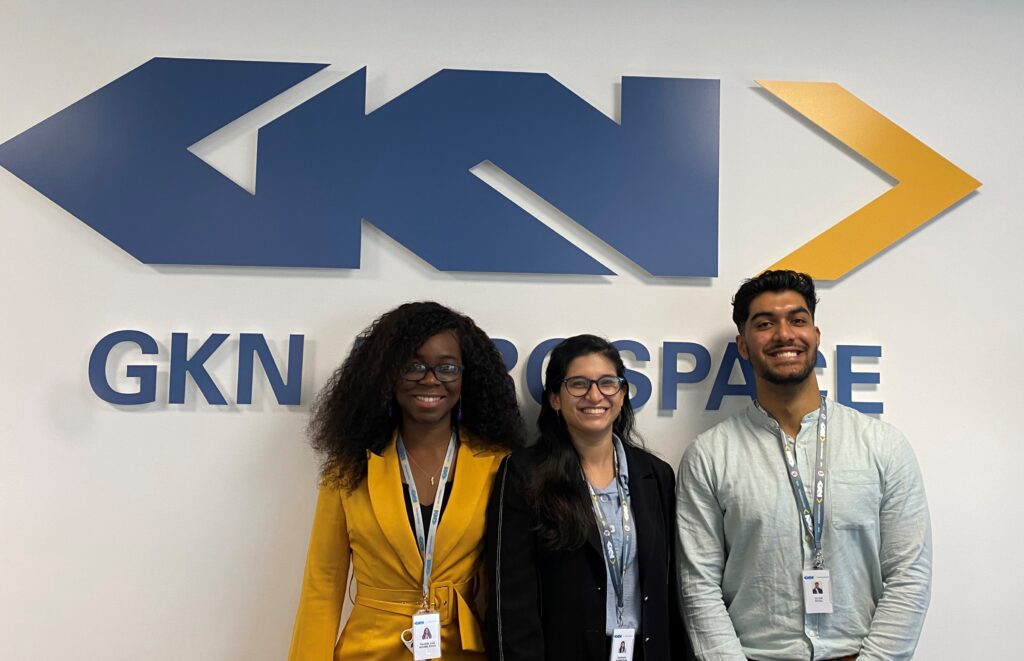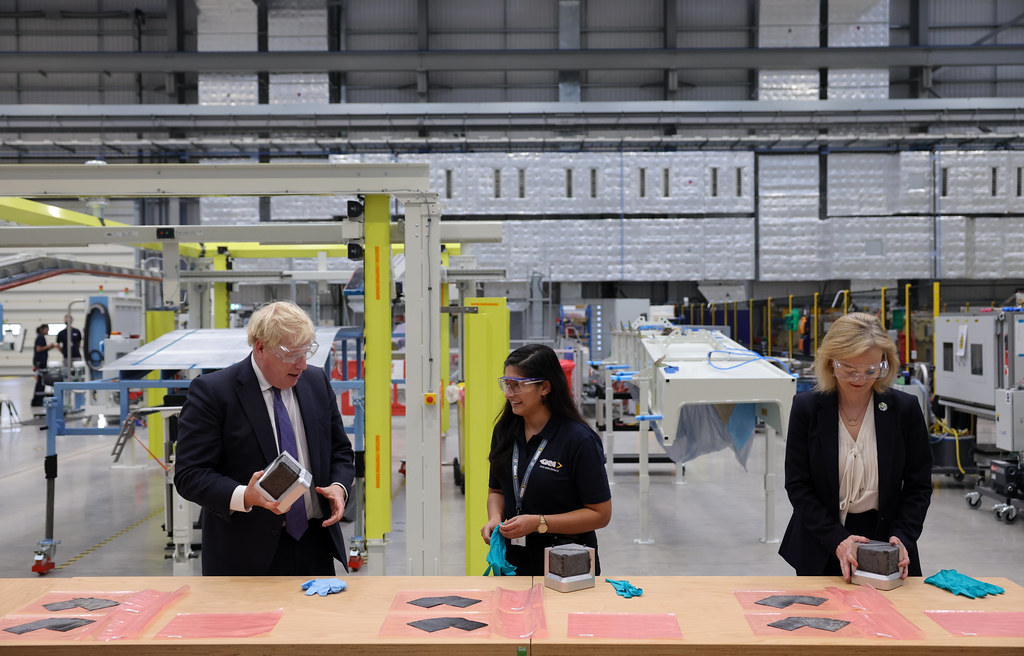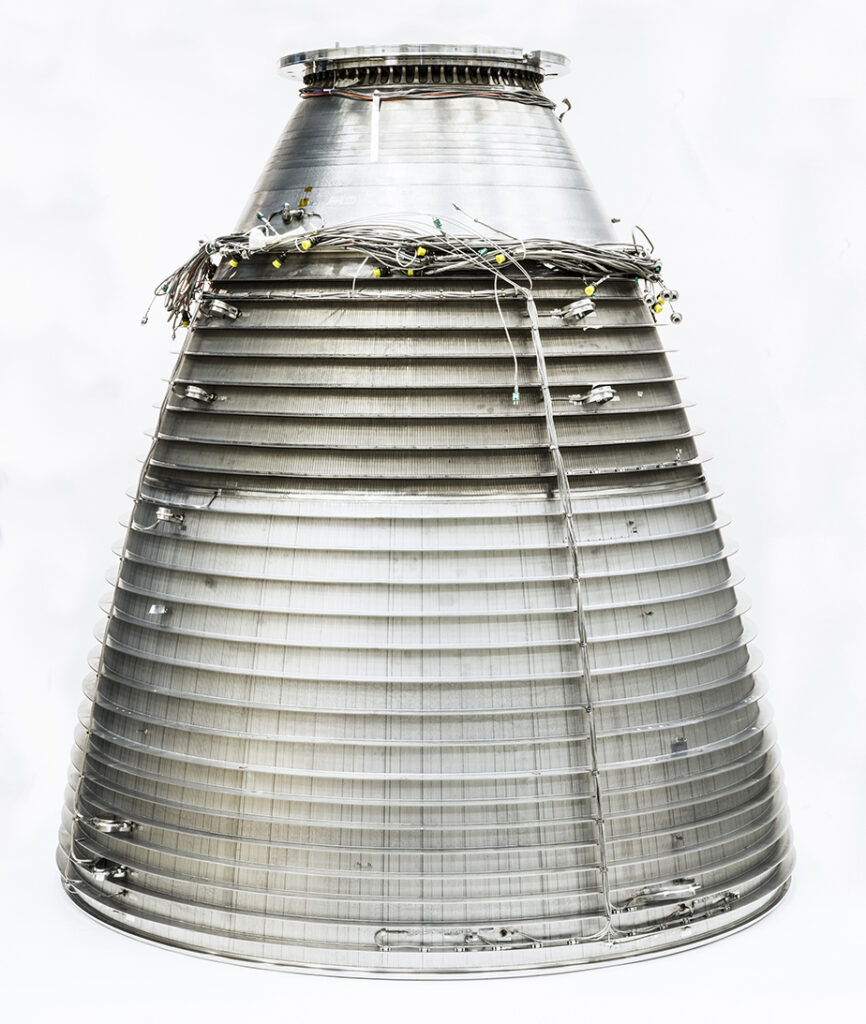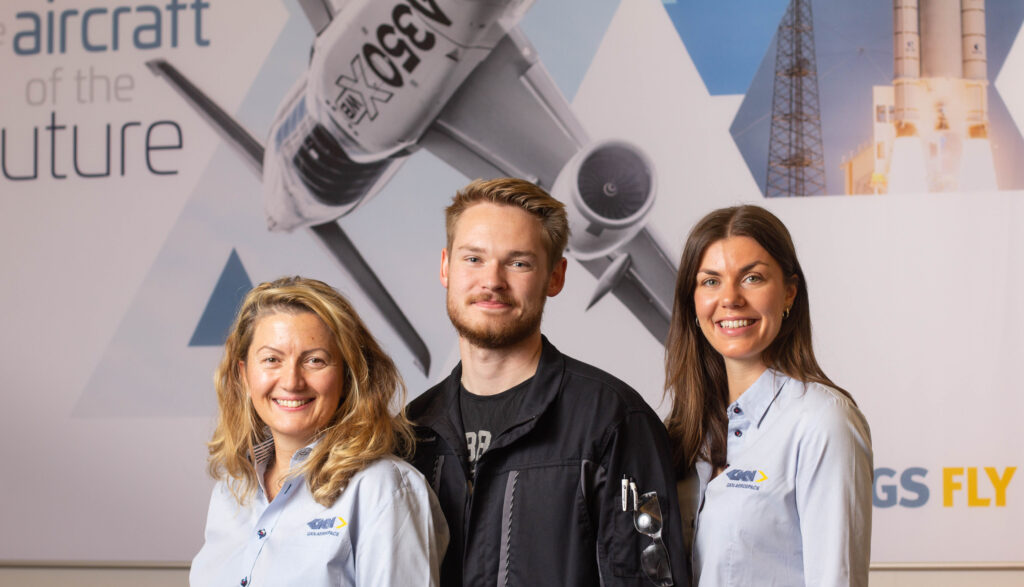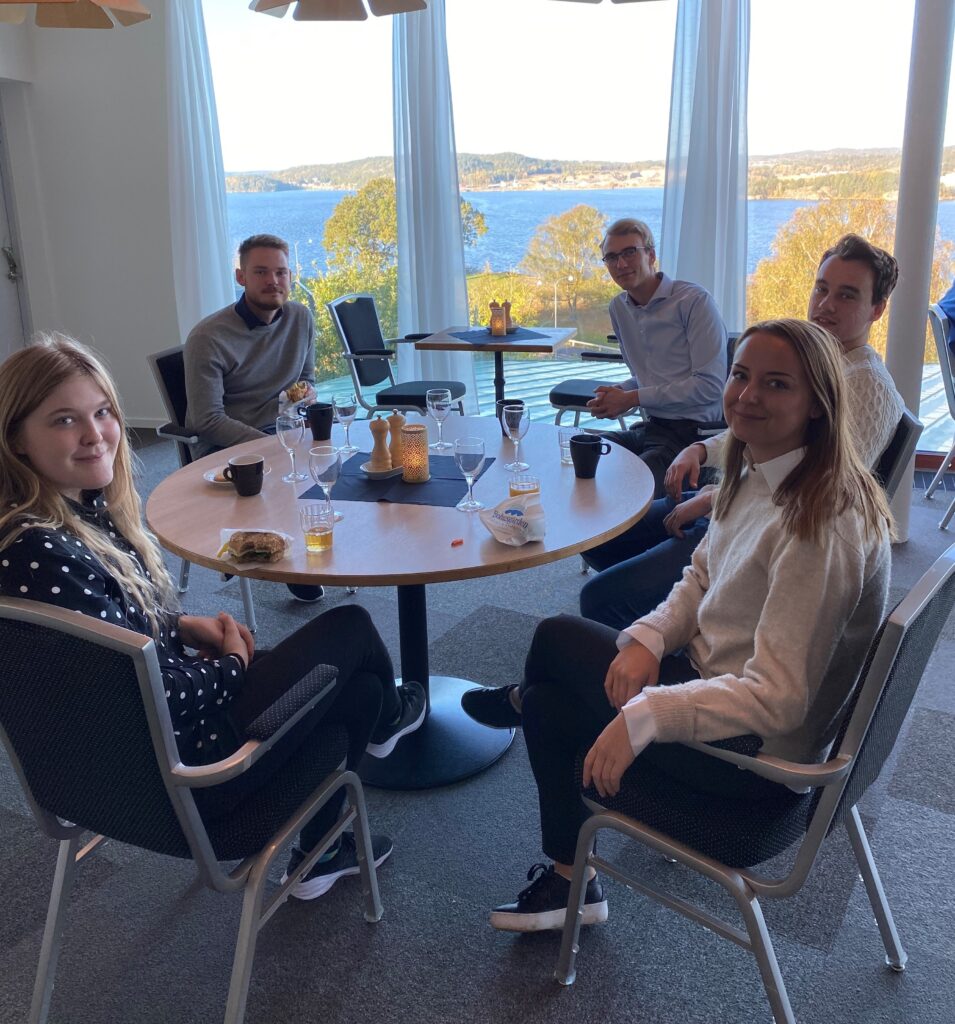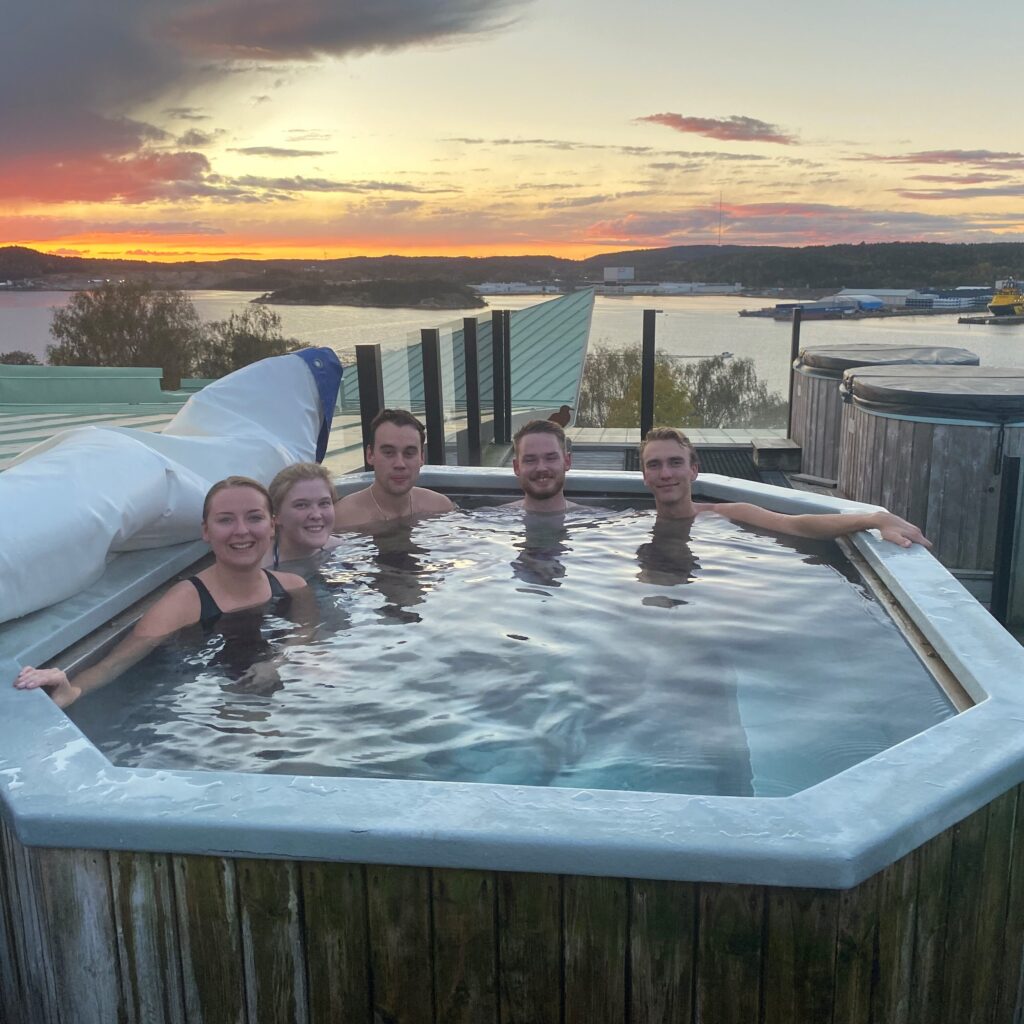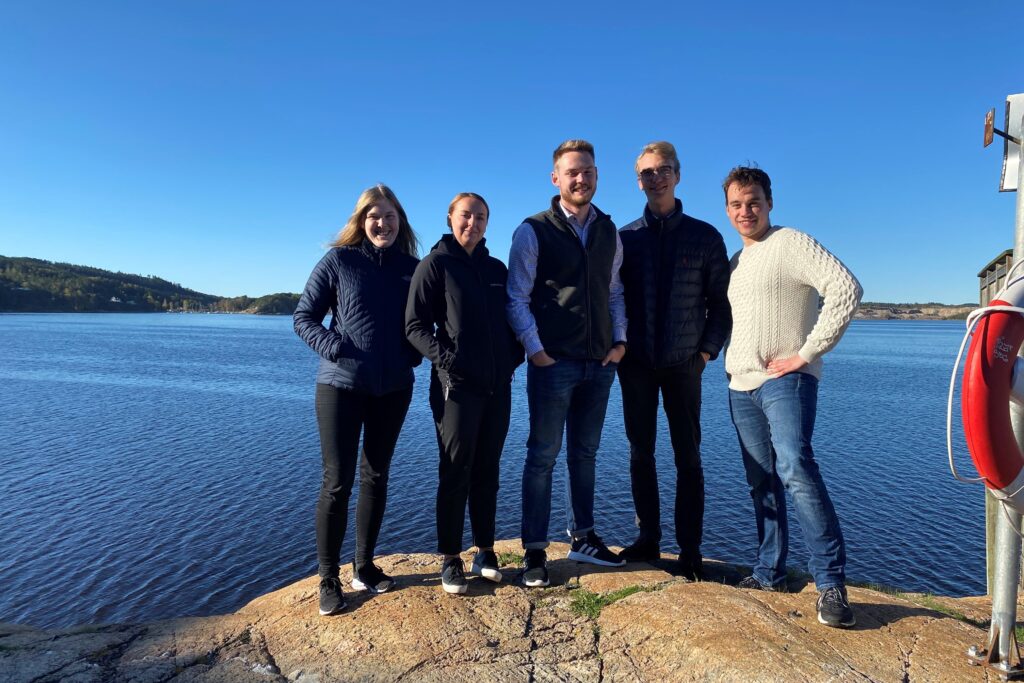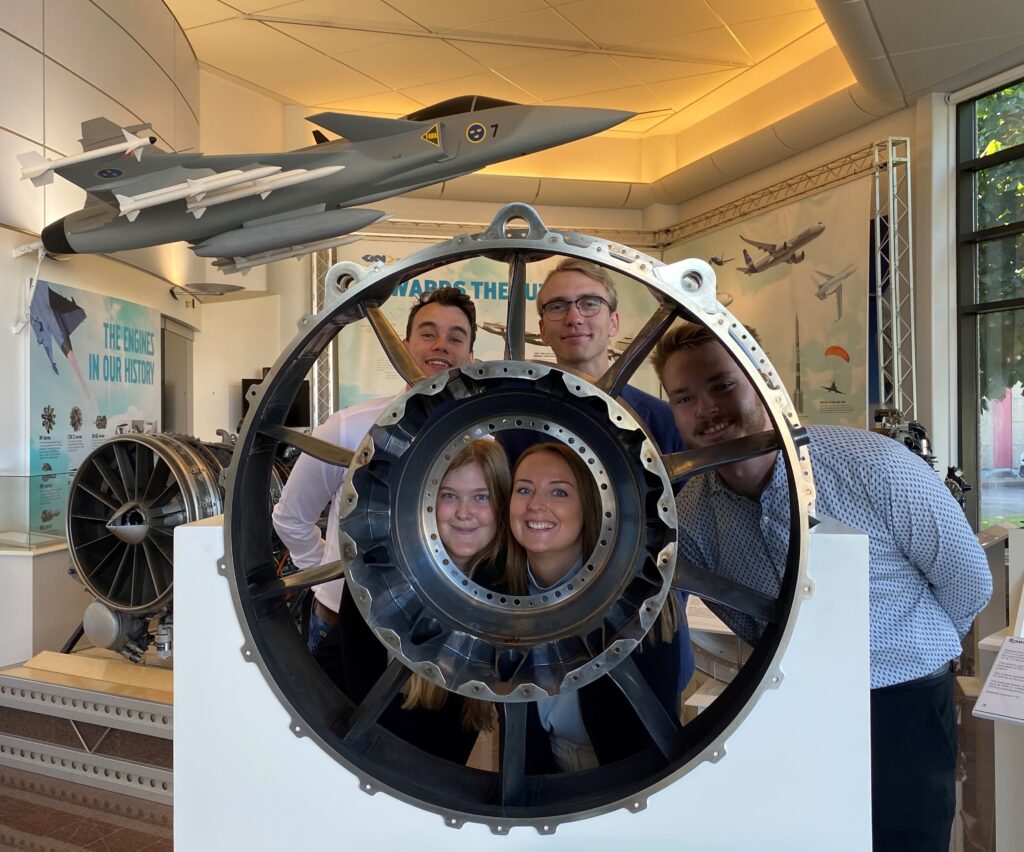Why should you work in the aviation industry if you are passionate about sustainability?
I started at the company as a graduate engineer in 2009, and later became an industrial Ph.D student who researched the company’s innovation capability. At that point, about ten years ago, it was mostly incremental innovation, small development steps that were made. One of the few radical innovations that I could find examples of in the industry was winglets. The winglets were something that even the passengers could see was slightly different, when the aircraft wings at the ends was bent upwards. Today, ten years later, we work with hydrogen engines, Sustainable Aviation Fuel (SAF), various types of additive manufacturing and more. Technologies that are radically changing the entire industry and its manufacturing. And the driving force in these innovational steps is not just money, but the ongoing climate crisis.
Suddenly, the whole industry has a sense of urgency! We have realized that if we want be in the business in the future, we must change to more sustainable flights. If we are to continue to attract young people to come and work with us, we must work in a different way. One might think that our industry has undeservedly been given the role as the “bad guy” in the climate crisis. Aviation today accounts for about 3% of the world’s carbon dioxide emissions, but with an increasing middle class in Asia who, like the western world, wants to travel, it is predicted that the small number will increase significantly in the future. So regardless of whether we are the “bad guys” today, we will be the “bad guys” in the future if we do not change.
It is now it’s happening. The creation of the radical innovations. That dramatic change in the industry that we will be able to remember and hopefully be proud of. It is now that the company needs everyone who cares about a sustainable world. It is not a matter of the sustainability work being done by a few people who have it written into their job description, but it needs to be done by everyone. Because even though the industry today places a great deal of focus on the climate, it must not be at the expense of other sustainability factors. How sustainable are we really if we achieve climate neutrality for our products during use, but at the same time risk the safety of our employees in manufacturing, buy materials from child labor in Congo, have a significantly larger proportion of material waste compared to the amount of materials delivered to customers, or ignore in that environmentally hazardous substances are released into the nature around our sites. A lot is being done, everything from technology projects on hydrogen propulsion, testing of how RM12 is affected by SAF, repair methods with Laser Metal Deposition Powder (LMD / DED), reduced buy-to-fly with LMD wire, weight reduction with Powder Bed Fusion, Life cycle analyzes, qualitative sustainability assessment tools, tools that evaluate material criticality, global Sustainability work streams, Sustainability Champions, the creation of educational materials, Connected Women, Environmental plans, and more and more. But we are also constantly finding new unexplored areas, more things that we need to do. Sustainability is complex, which is why the responsibility and work cannot be placed on a few people. It is now we are needed at the company, we who are passionate about a sustainable future! Do you want to be part of changing the direction of the industry?
// Johanna Nylander, Senior Research Engineer and Graduate Engineer 2009
